Place Category: Business Services
Social Enterprise Mark CIC is the accreditation body responsible for assessing applications for the Social Enterprise Mark and Social Enterprise Gold Mark. We ensure the social enterprise business model remains ethical, credible and commercial through accreditation.
We are not a membership body and approval is not automatic: around 30% of organisations applying or interested in the Social Enterprise Mark are assessed as ineligible. Existing Mark holders’ eligibility is also reassessed on an annual basis, to ensure they still meet the criteria.
This robust accreditation process enables organisations that are awarded the Social Enterprise Mark/Gold Mark to stand out from the crowd, as proven social enterprises which are independently guaranteed to be trading for people and planet.
Make it easy for your customers to see you deliver social value – get assessed for the Social Enterprise Mark and prove your social enterprise credentials.
No Records Found
Sorry, no records were found. Please adjust your search criteria and try again.
Google Map Not Loaded
Sorry, unable to load Google Maps API.

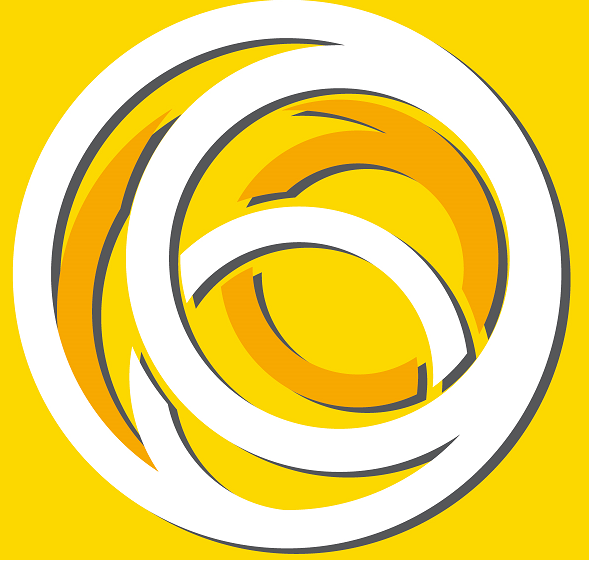
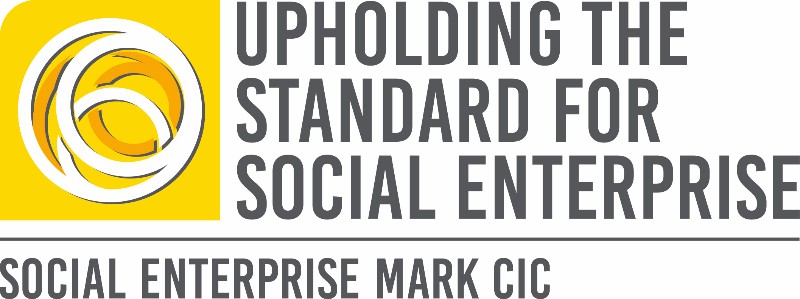
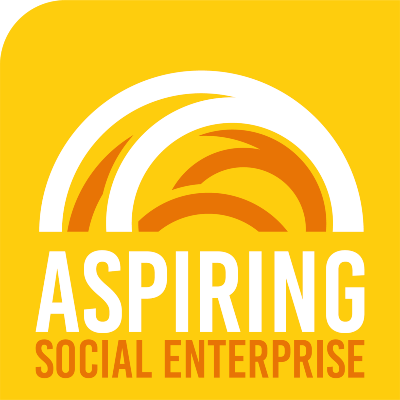
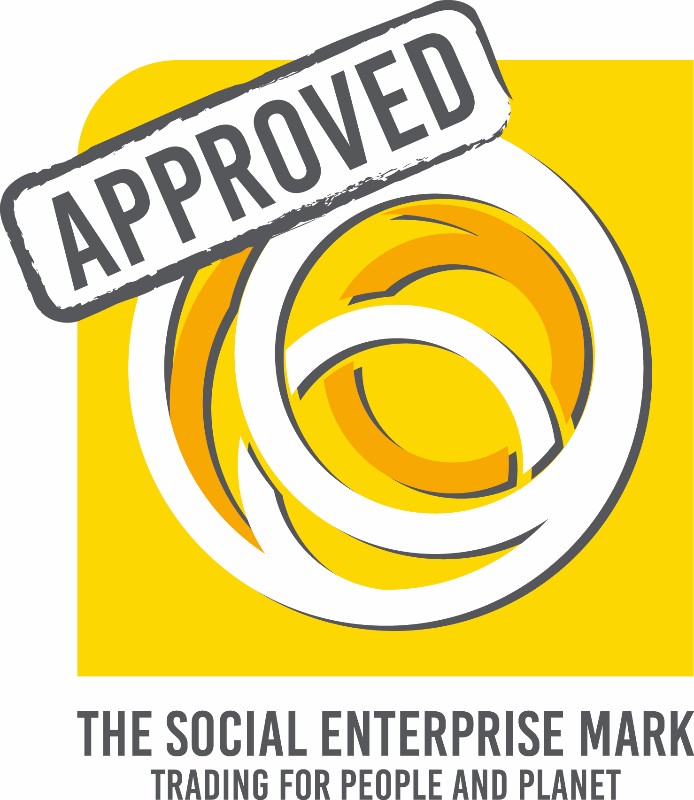
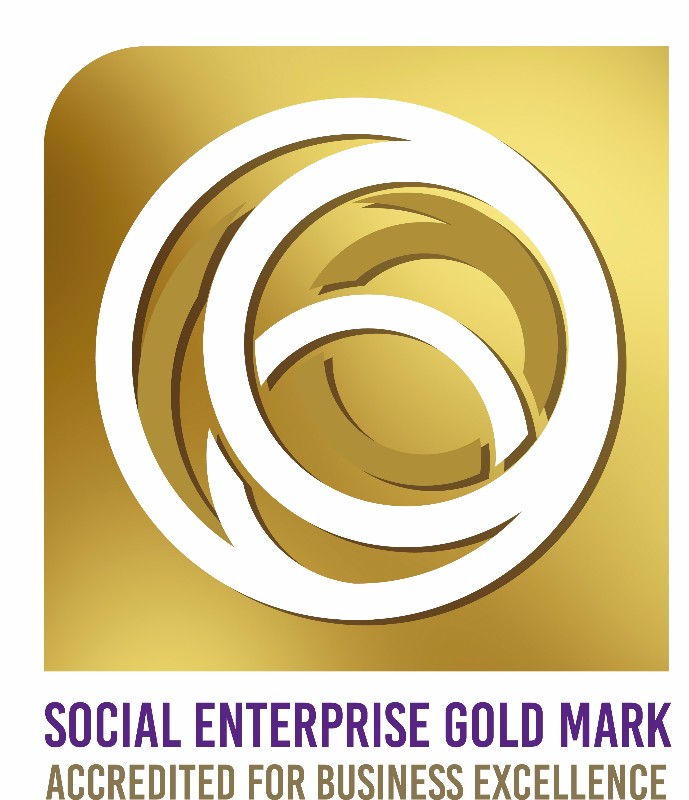
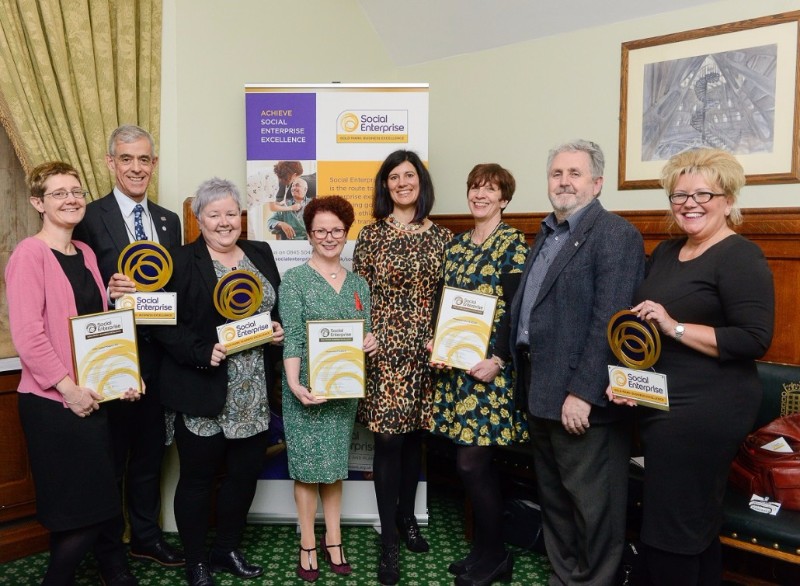
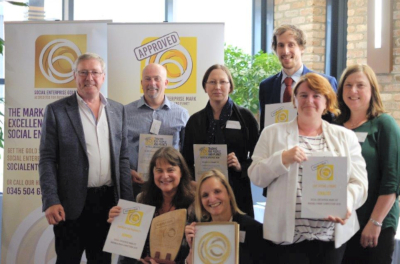
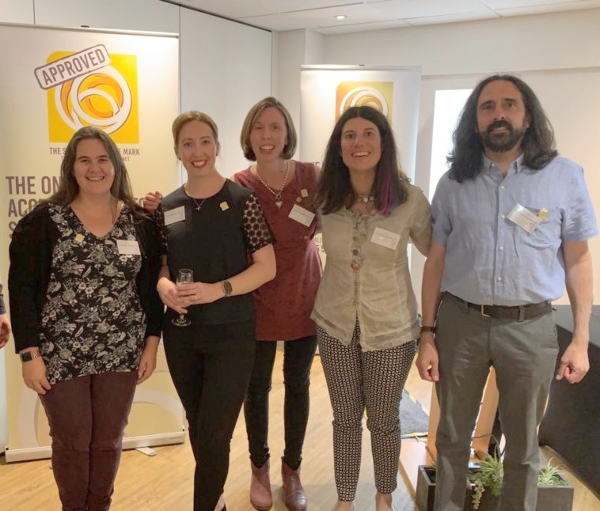




Leave a Reply
Want to join the discussion?Feel free to contribute!